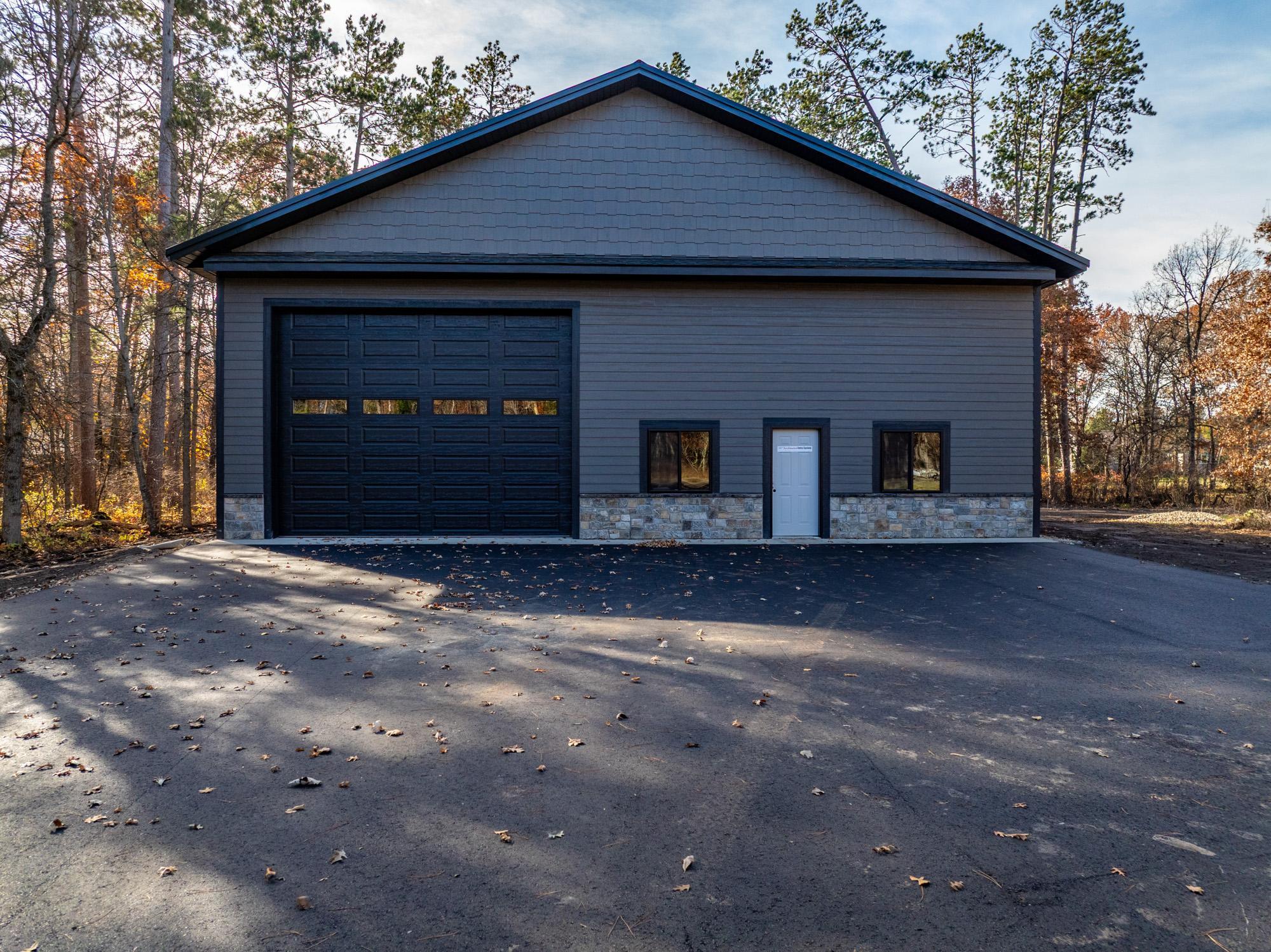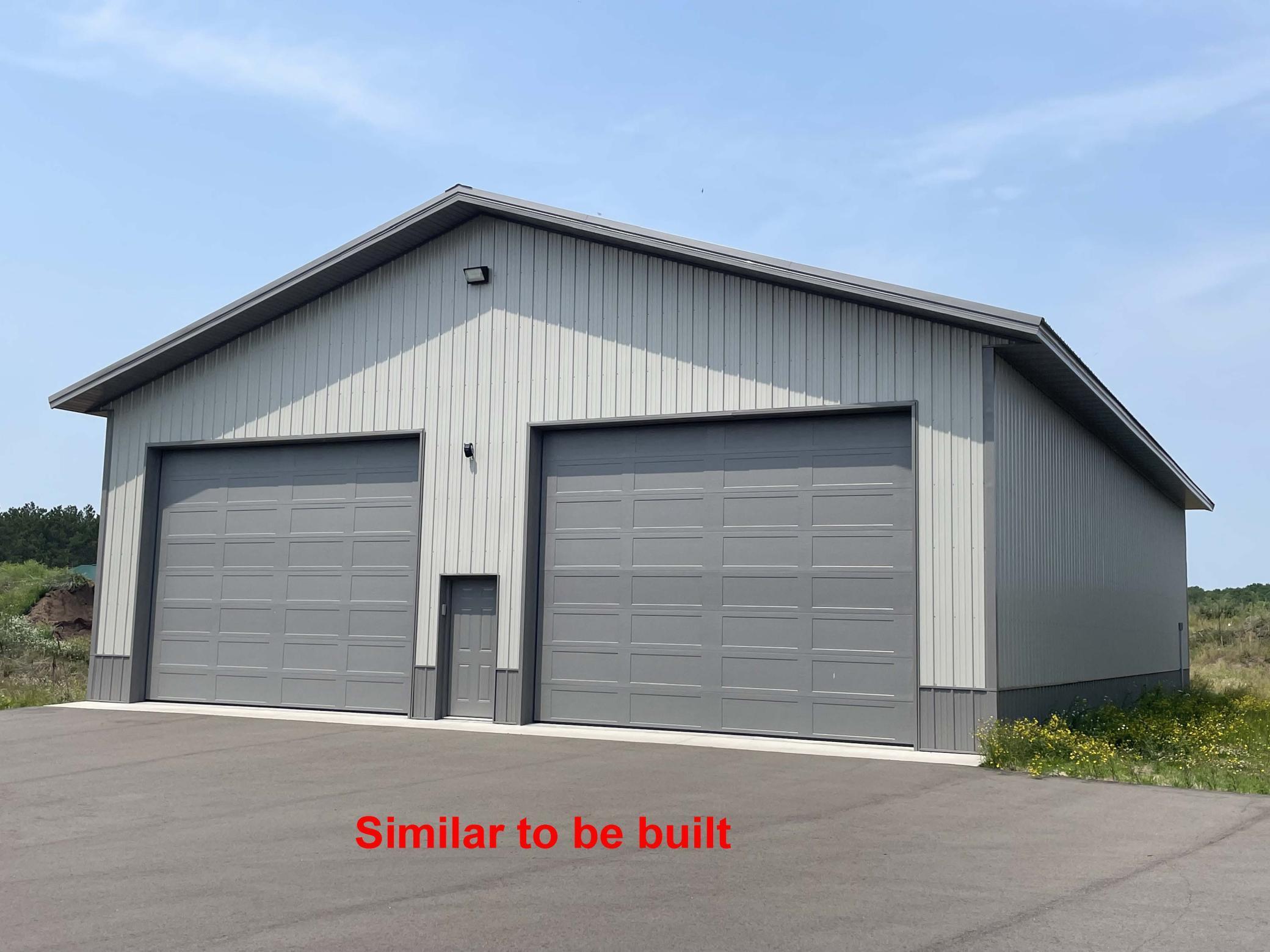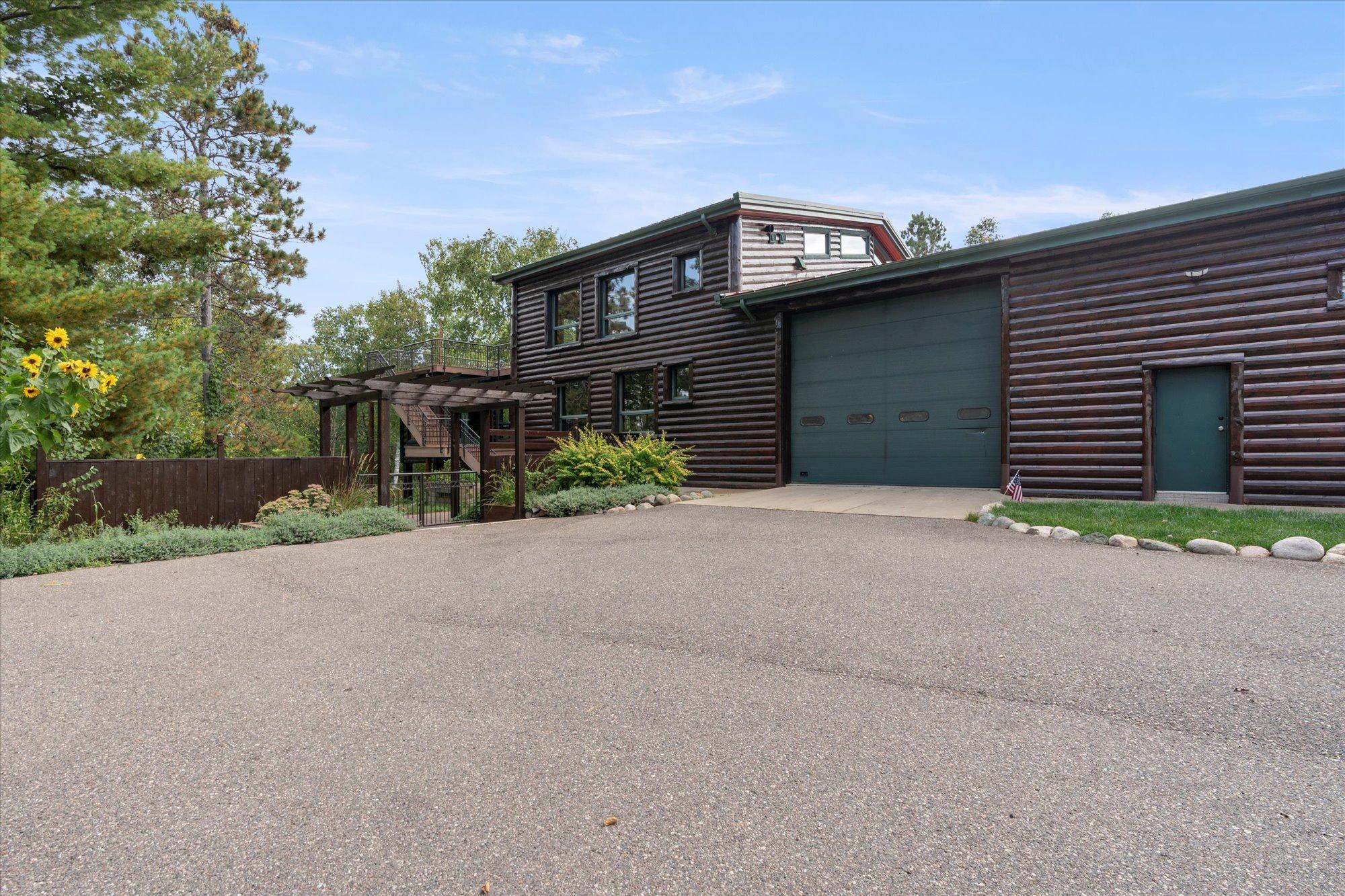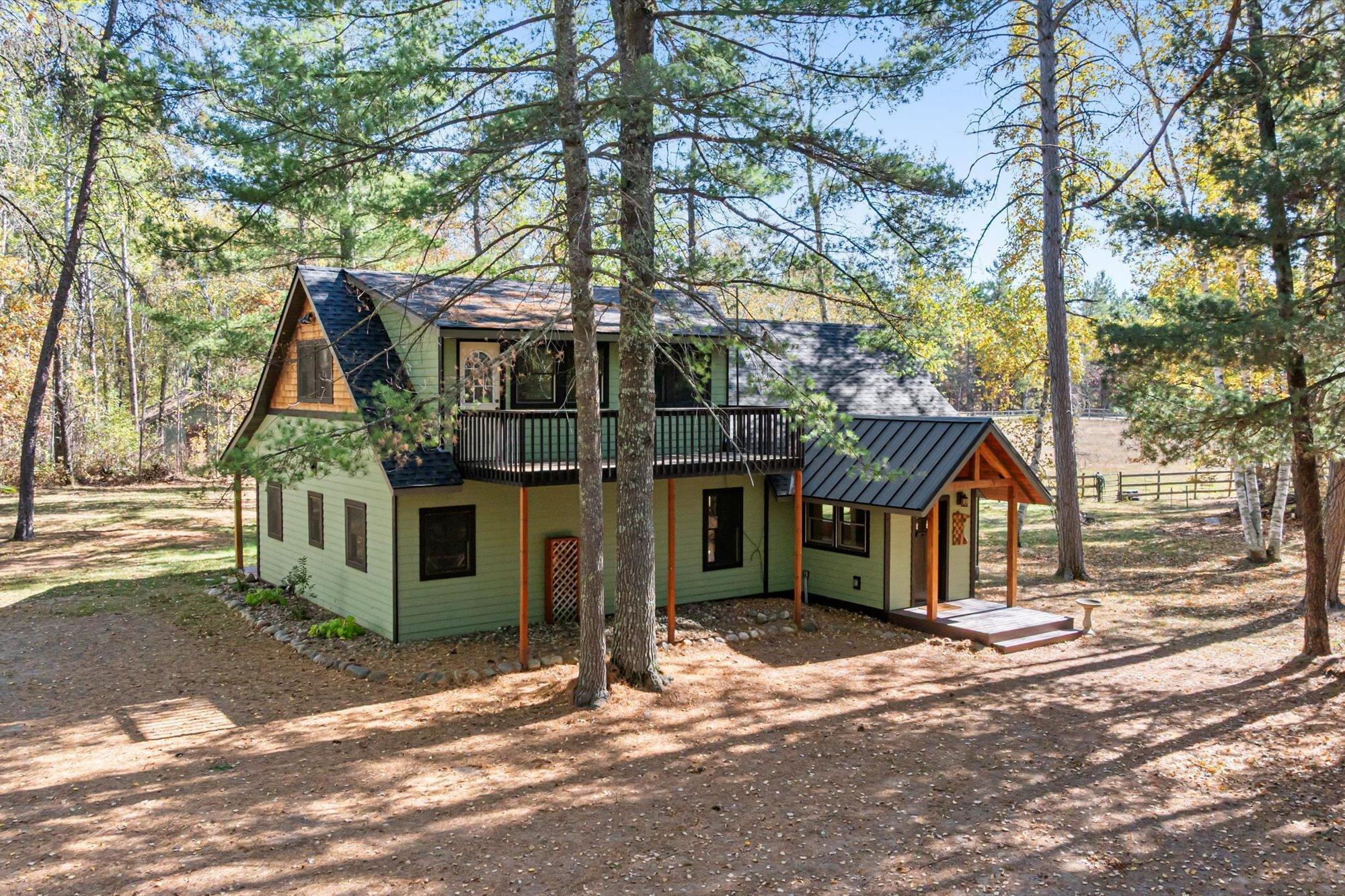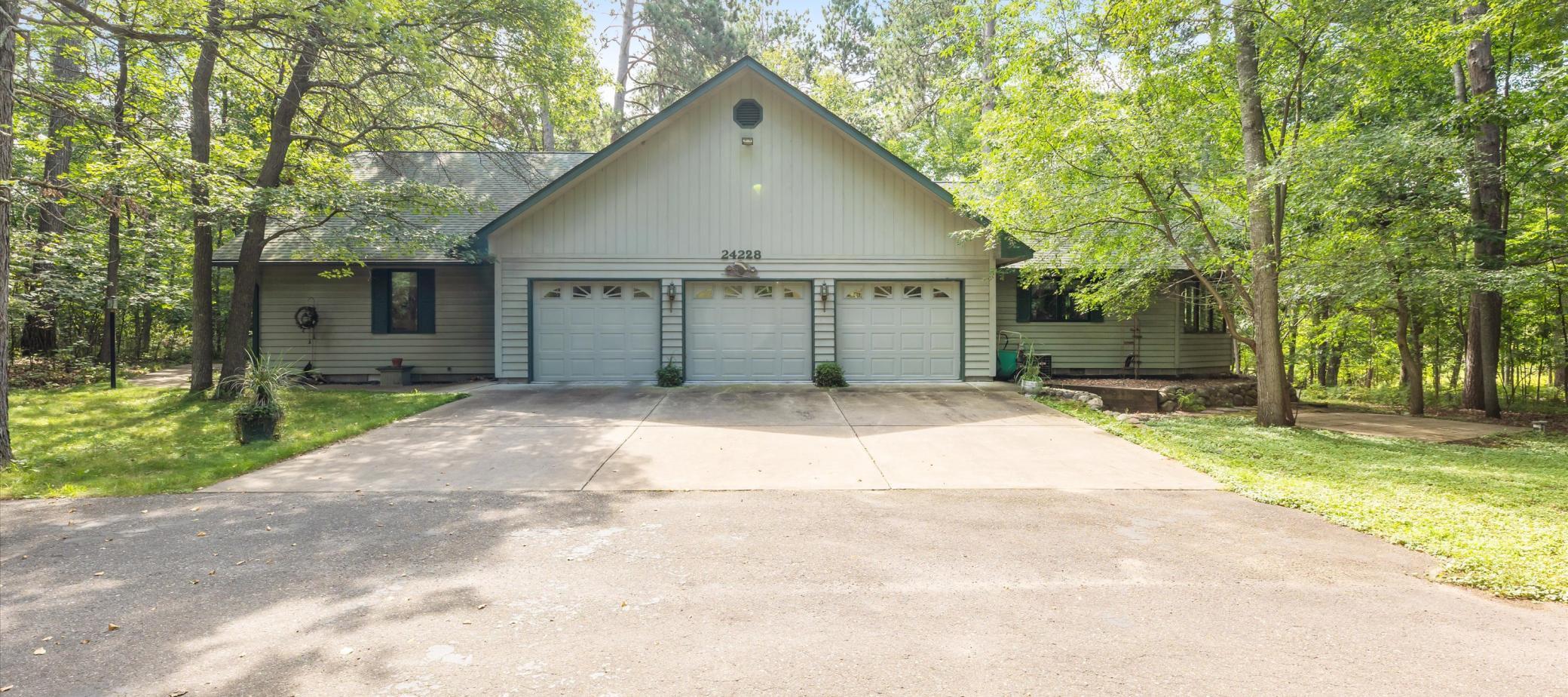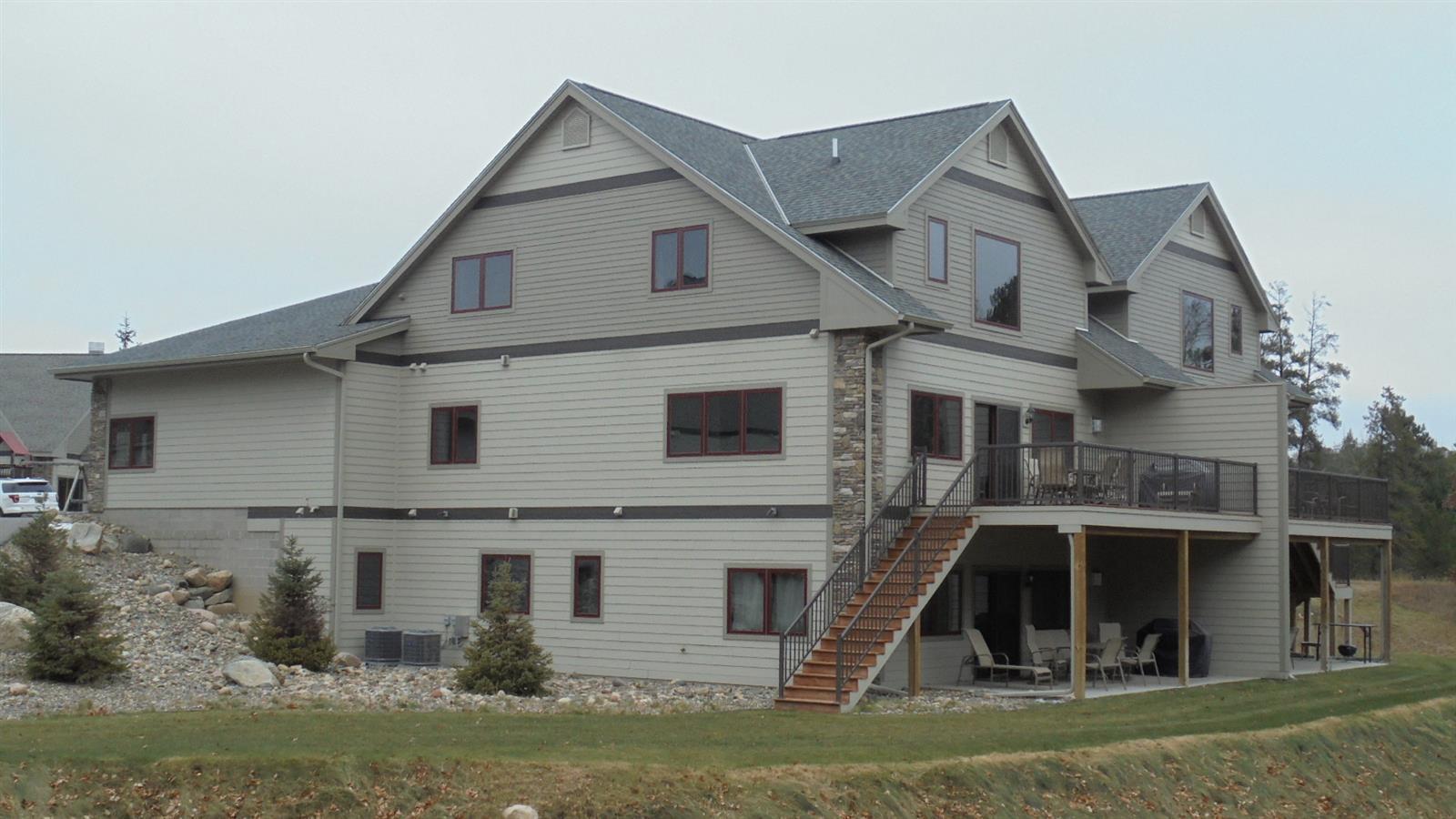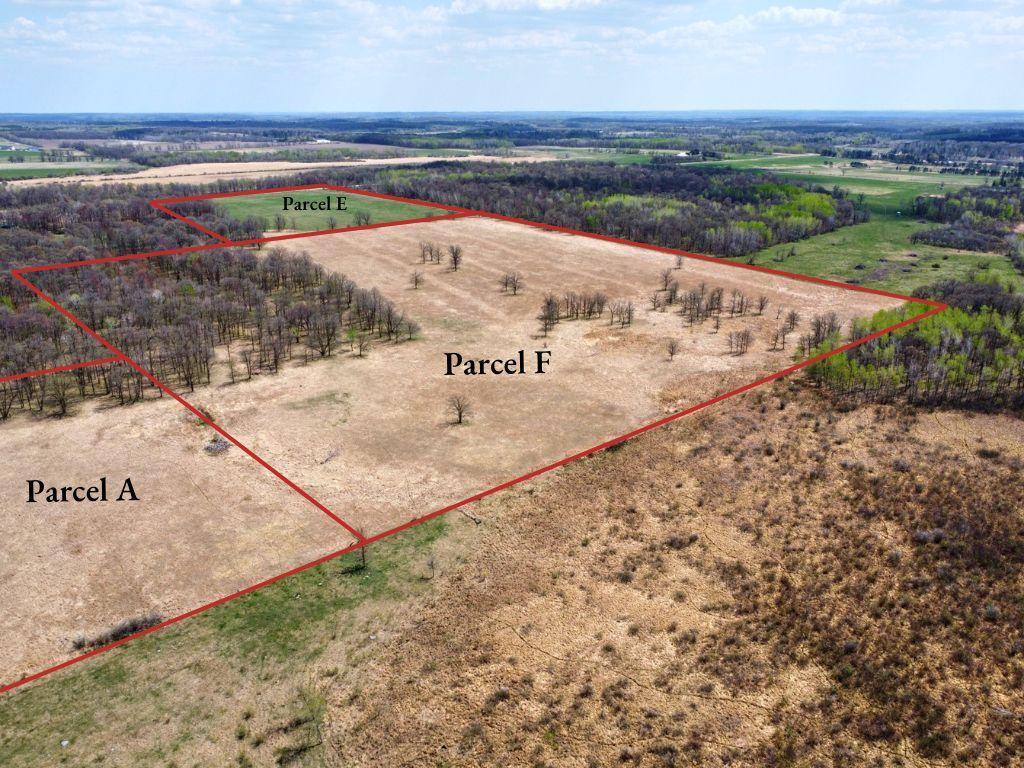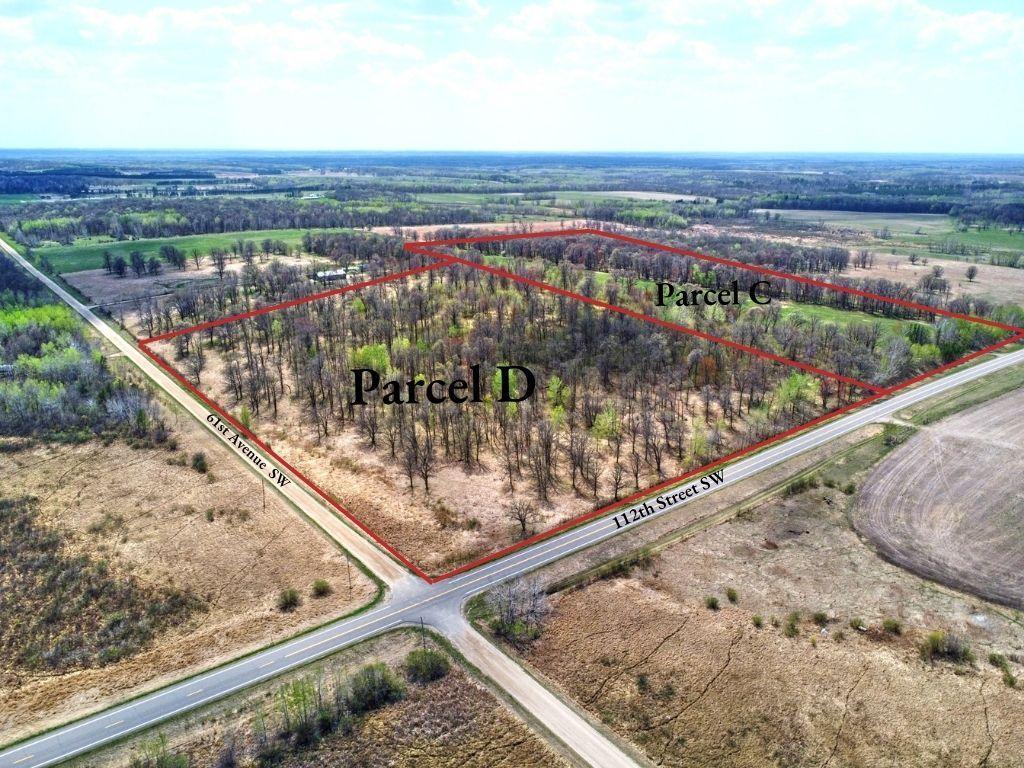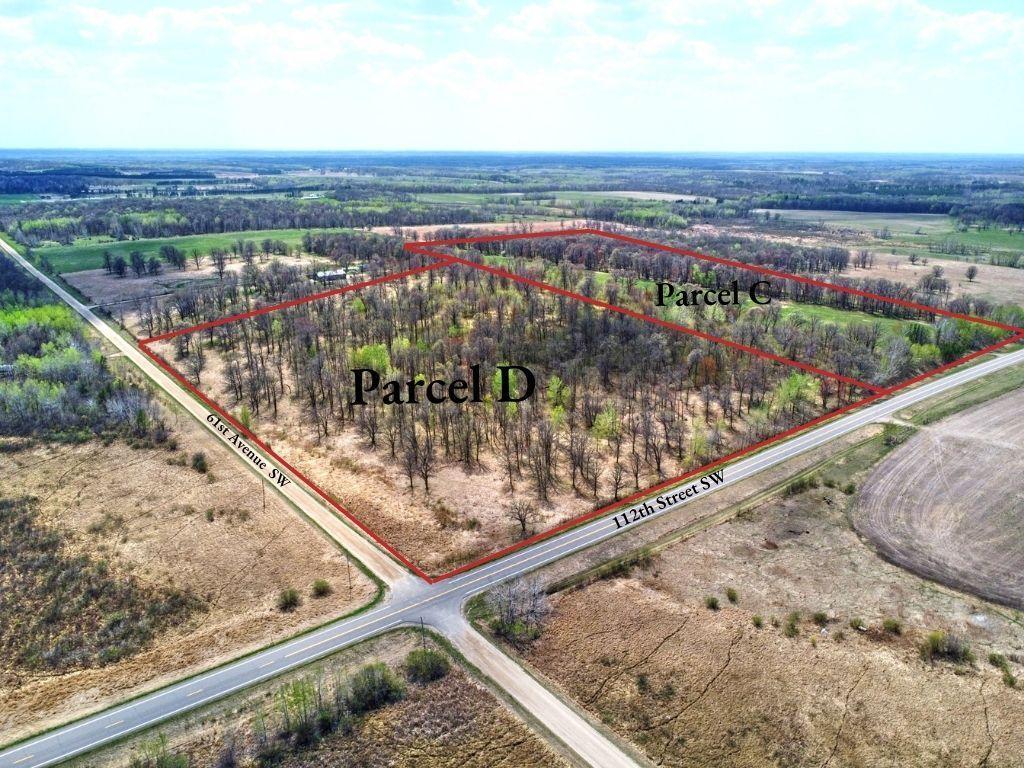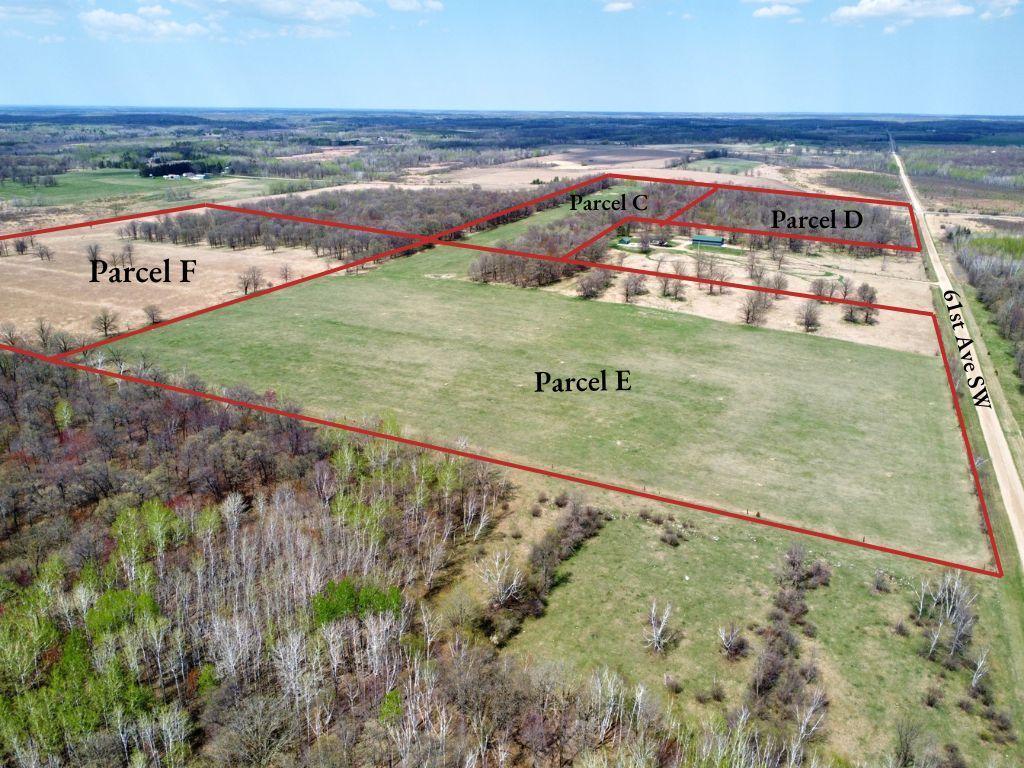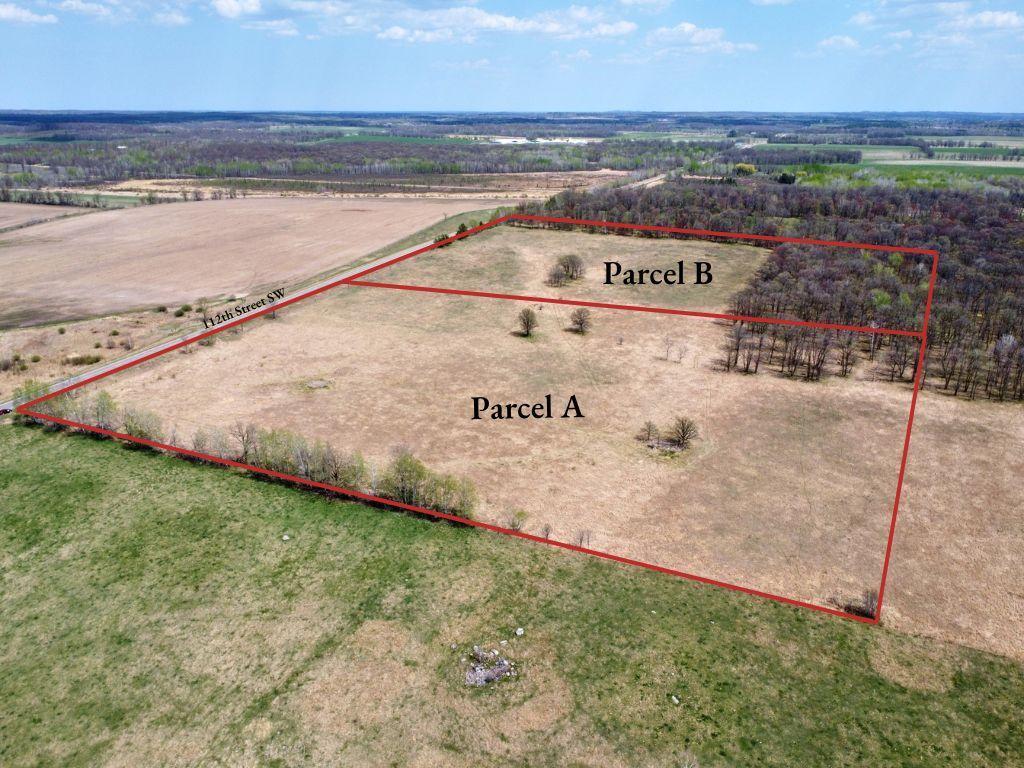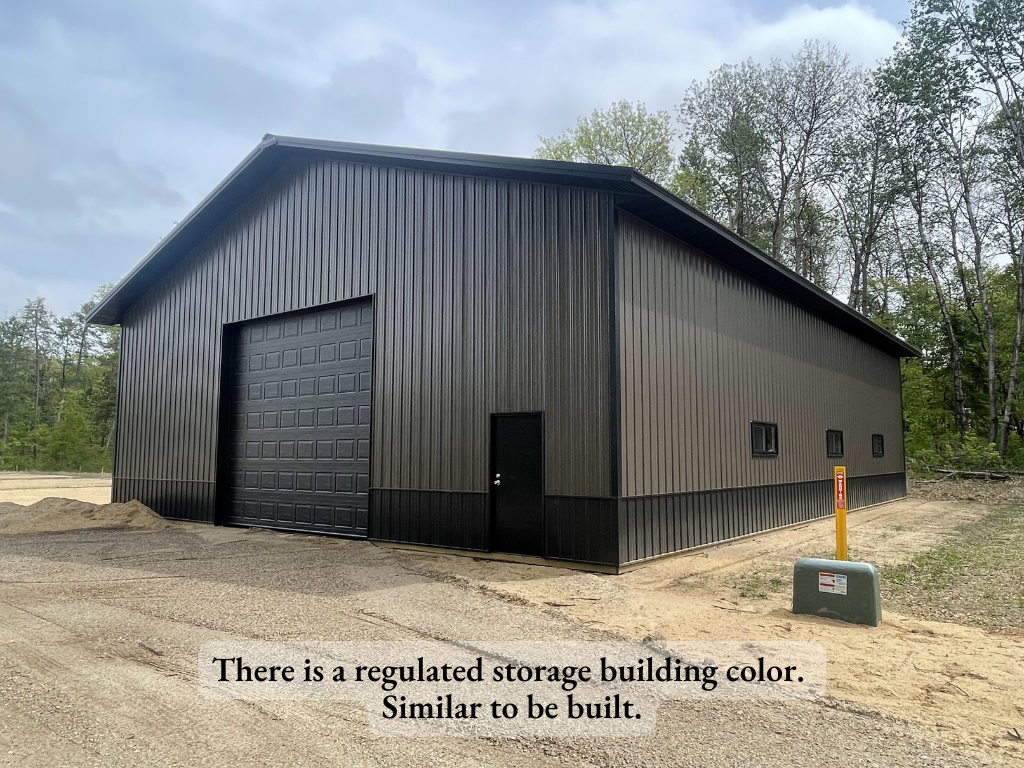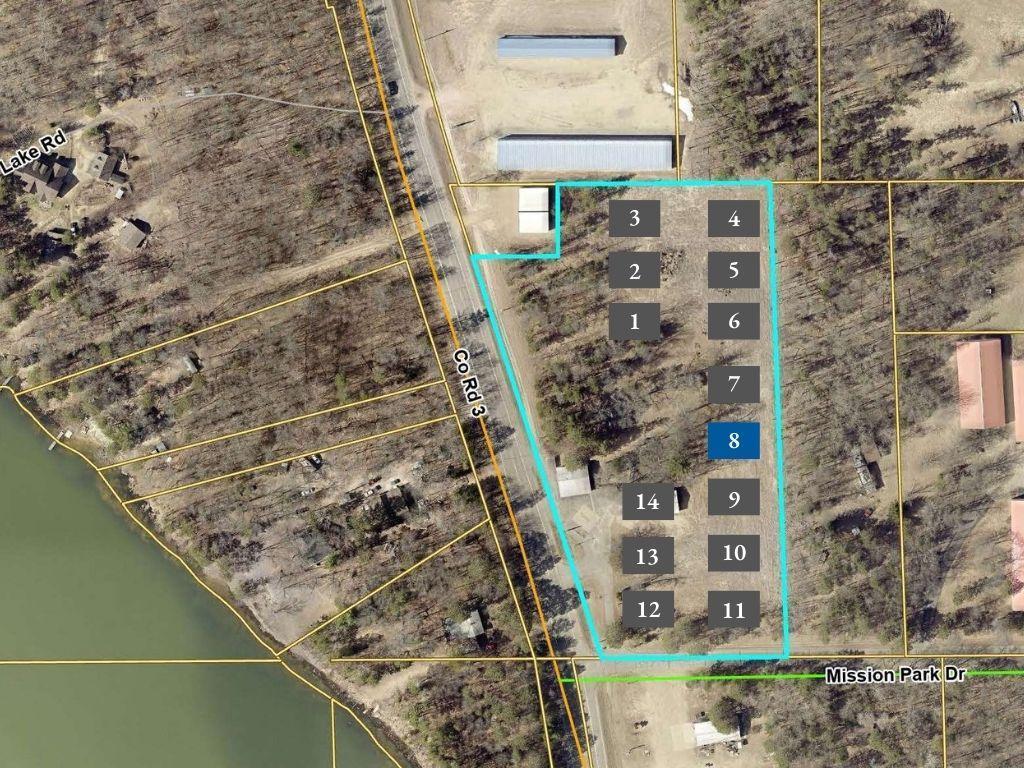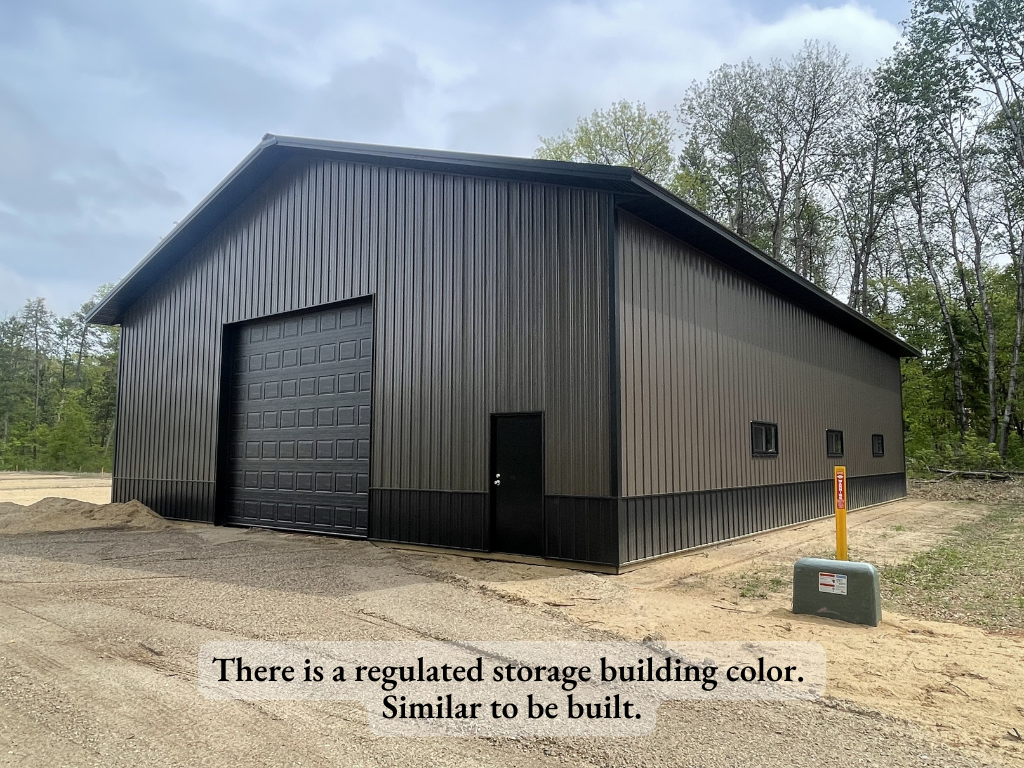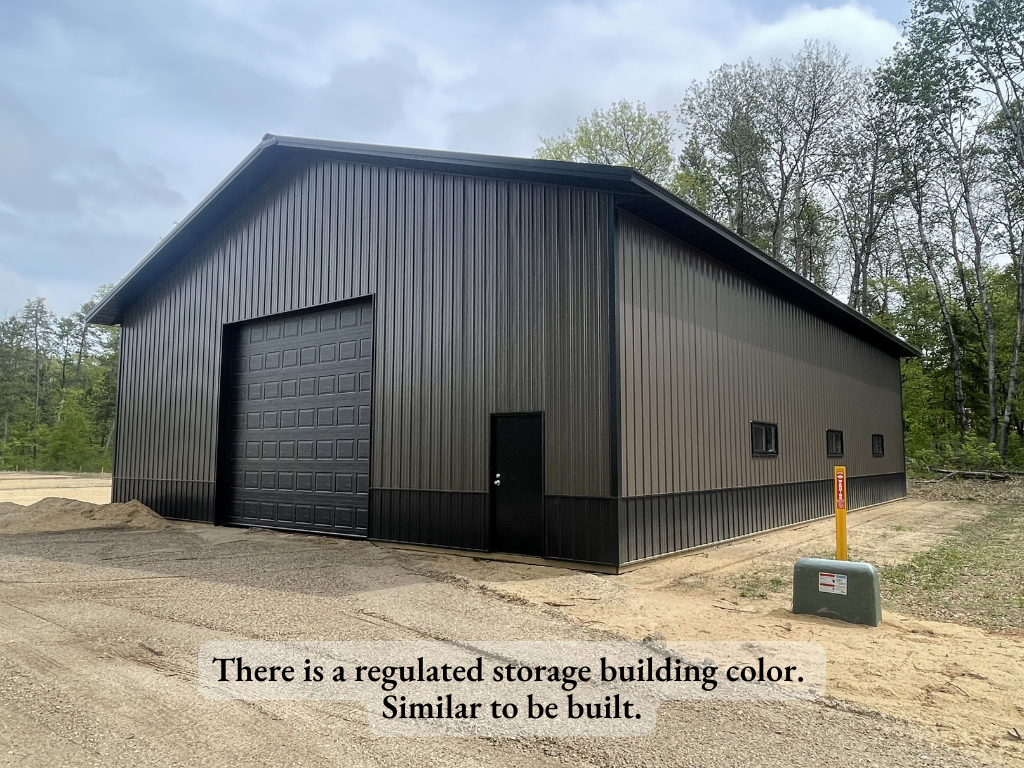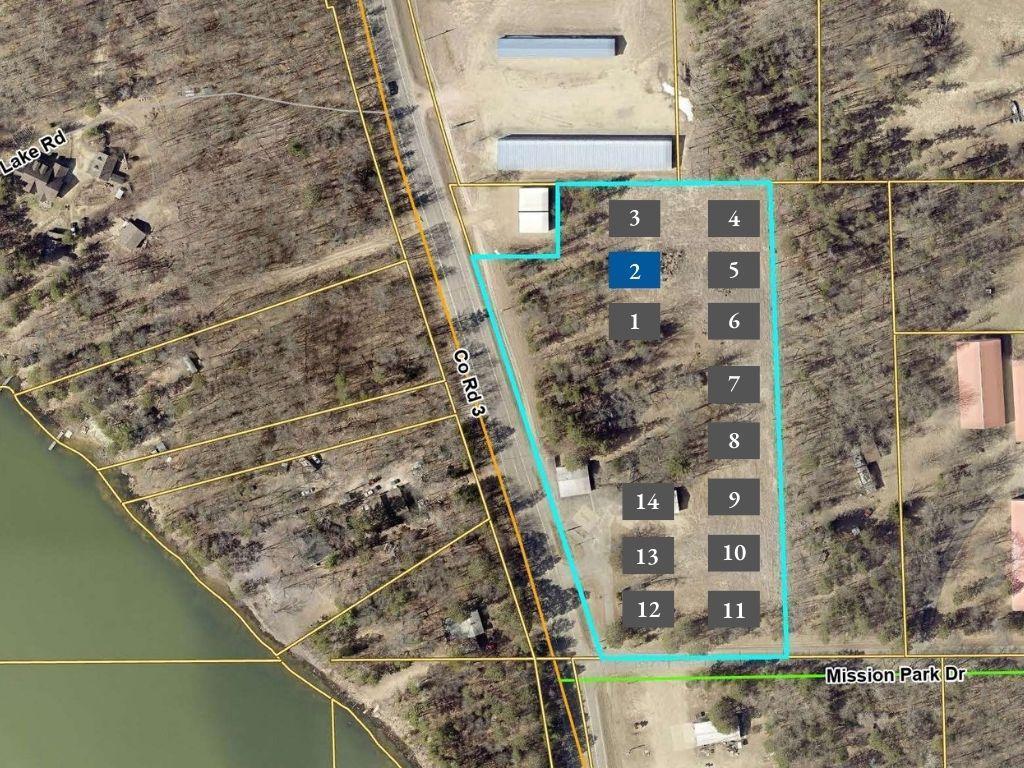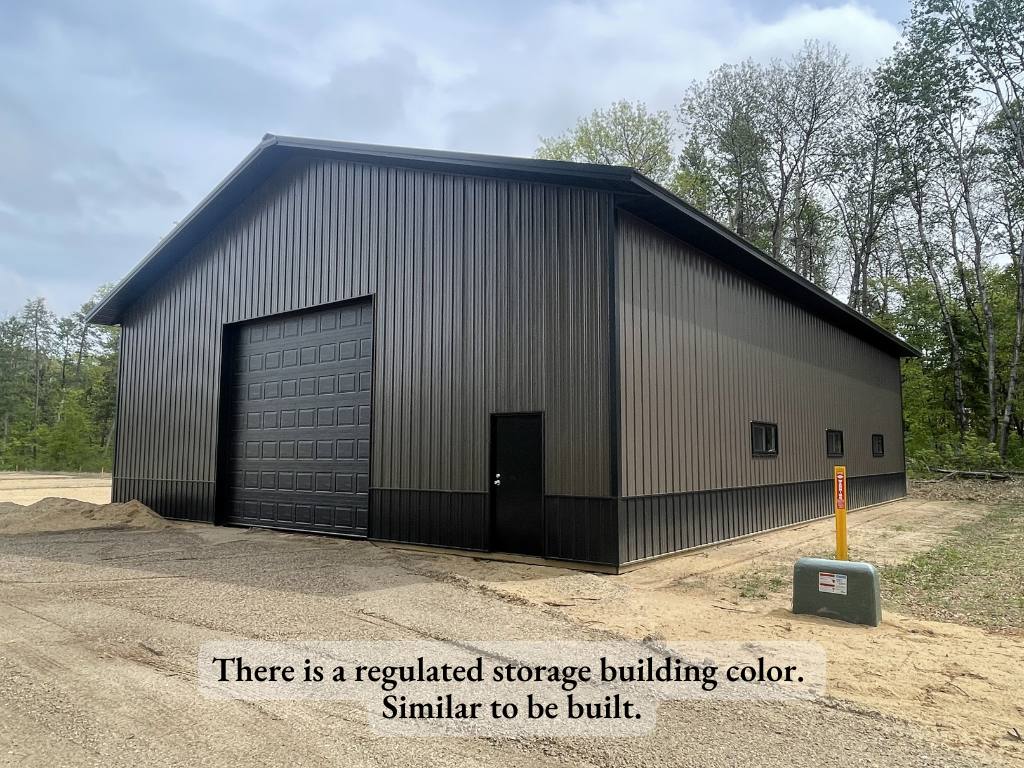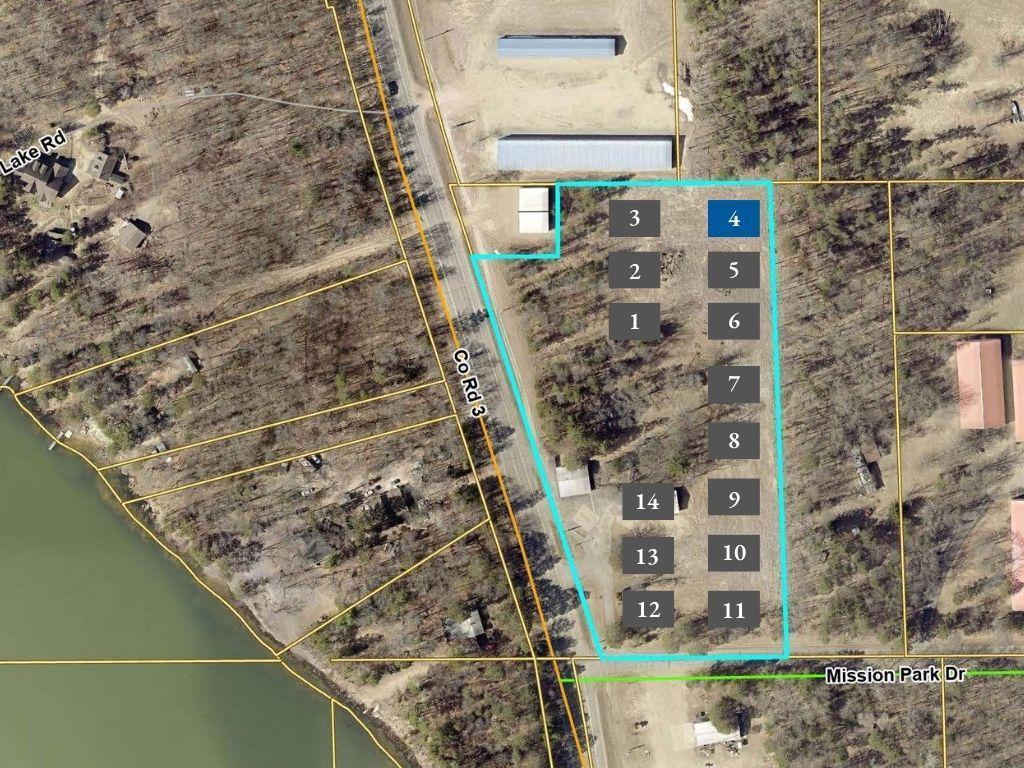In real estate, determining the right price for a home is a critical step in the selling process. A well-priced home not only attracts potential buyers but also ensures a smooth transaction. Understanding the intricacies of how to price a house for sale can make a significant difference in achieving a successful transaction. Beyond the numbers, setting the right price is a creative process that taps into market trends and buyer psychology. Every property has its own story, and uncovering its true value requires both art and science. Below are strategies, common pitfalls, and innovative approaches that can help sellers turn pricing into one of their strongest selling tools.
Understanding Market Trends
Recognizing current market trends is essential when pricing a home. The real estate market is influenced by various factors, including economic conditions, interest rates, and buyer preferences. Analyzing recent sales data and understanding whether the market is favoring buyers or sellers can provide valuable context. By staying informed about these trends, sellers can position their homes competitively, ensuring they stand out to potential buyers.
Evaluating Comparable Sales
One of the most effective ways to determine a home's value is by evaluating comparable sales, often referred to as "comps." This involves examining recently sold properties in the same area that are similar in size, condition, and features. Real estate agents can provide a comparative market analysis (CMA) to help identify these comps. By understanding how similar homes have been priced and sold, sellers can set a price that aligns with market expectations.
Considering Unique Features
Every home has unique features that can influence its value. Whether it's a modern kitchen, a spacious backyard, or energy-efficient upgrades, these attributes can add to a home's appeal. Highlighting and accurately valuing these features can justify a higher asking price. It's important to consider how these elements compare to those in other homes in the area and how they might attract potential buyers.
Assessing Property Condition
The condition of a home plays a significant role in its pricing. A well-maintained property is likely to attract more interest and can command a higher price. Sellers should consider making necessary repairs or updates before listing their home. This not only enhances the home's appeal but also reduces the likelihood of price negotiations later in the process. A thorough inspection can help identify areas that may need attention.
Understanding Buyer Preferences
Buyer preferences can vary widely, and understanding what potential buyers are looking for can help in setting the right price. Factors such as location, amenities, and community features can significantly impact buyer interest. By aligning the home's features with current buyer preferences, sellers can enhance their property's attractiveness. Real estate agents can provide insights into what buyers in the area are prioritizing.
Timing the Market
Timing can be a crucial factor in pricing a home. Certain times of the year may see increased buyer activity, which can influence pricing strategies. Understanding seasonal trends and local market conditions can help sellers choose the optimal time to list their homes. By aligning the listing with periods of high demand, sellers can increase the likelihood of a successful sale at the desired price.
Consulting with a Real Estate Agent
Real estate agents bring valuable expertise and market knowledge to the table. Consulting with an experienced agent can provide sellers with insights into pricing strategies and market conditions. Agents can offer a comprehensive analysis of the local market, helping sellers set a competitive price. Their experience in negotiations and understanding of buyer behavior can be instrumental in achieving a successful sale.
Setting a Competitive Price
Setting a competitive price is key to attracting potential buyers. A price that is too high may deter interest, while a price that is too low might not reflect the home's true value. By considering market trends, comparable sales, and unique features, sellers can establish a price that is both attractive to buyers and reflective of the home's worth. A well-considered price can lead to increased interest and potentially multiple offers.
Being Open to Adjustments
Flexibility is important in the pricing process. Market conditions can change, and initial pricing strategies may need adjustments. Being open to feedback from potential buyers and real estate agents can provide valuable insights. If a home is not attracting the expected interest, revisiting the pricing strategy and making necessary adjustments can help align the home with current market demands.
Leveraging Online Tools
In today's digital age, online tools can provide additional insights into home pricing. Various platforms offer data on recent sales, market trends, and buyer preferences. Utilizing these tools can complement the expertise of a real estate agent, providing a well-rounded view of the market. By leveraging technology, sellers can make informed decisions about their pricing strategy.
Highlighting Curb Appeal
Curb appeal can significantly impact a home's perceived value. First impressions matter, and a well-maintained exterior can attract more potential buyers. Investing in landscaping, exterior paint, and other visual enhancements can increase a home's attractiveness. Highlighting these aspects in listings and marketing materials can justify a competitive price and draw more interest.
Preparing for Negotiations
Once a price is set and offers start coming in, being prepared for negotiations is crucial. Understanding the home's value and having a clear idea of acceptable terms can facilitate smoother negotiations.
Real estate agents can provide guidance on how to handle offers and counteroffers, ensuring that sellers achieve a favorable outcome. Being prepared and informed can lead to a successful and rewarding home-selling experience.
Mastering the Art of Home Pricing
Successfully pricing your home requires a blend of market knowledge, strategic thinking, and flexibility. By understanding market trends, evaluating comparable sales, and considering unique features, you can set a competitive price that attracts buyers and maximizes your return. Remember, the right price is not just about numbers—it's about positioning your home to stand out in a crowded market. For personalized guidance and expert advice, reach out to the
Larson Group, who can help you navigate the complexities of selling your home.
*Header image courtesy of Pexels













































































